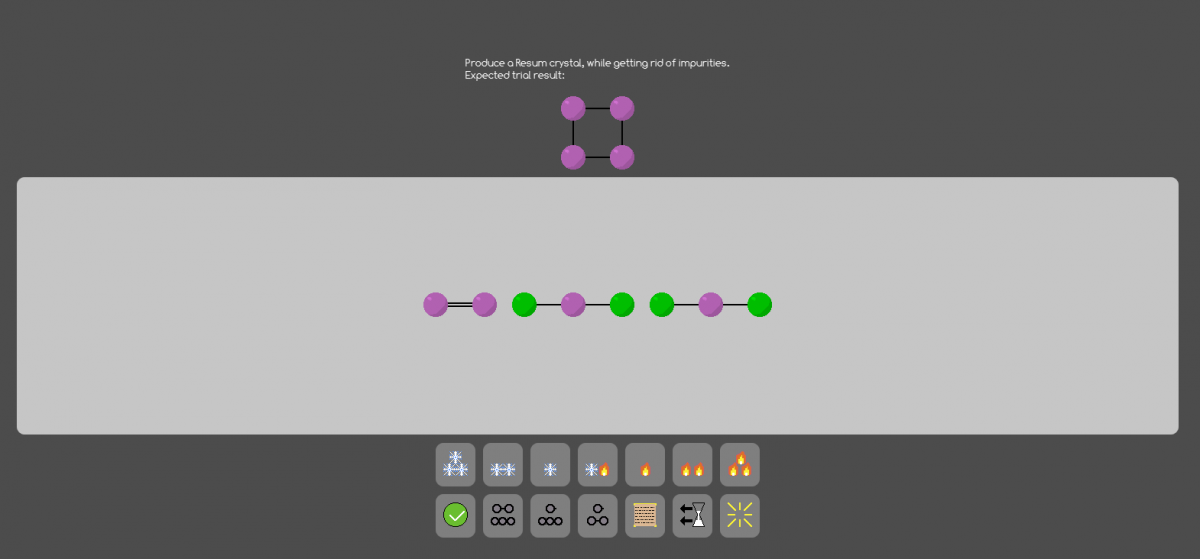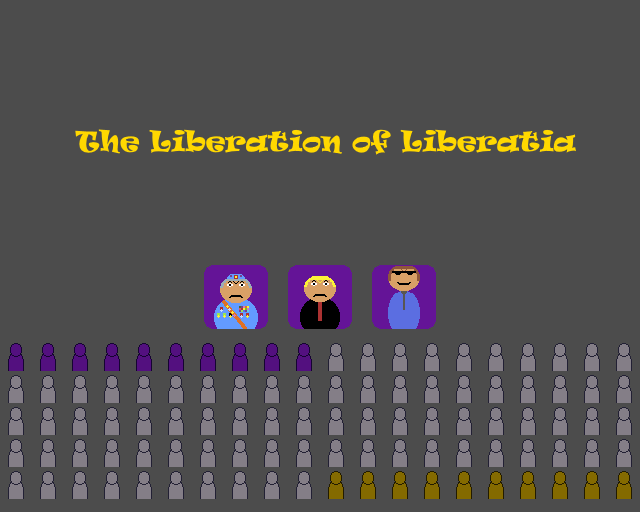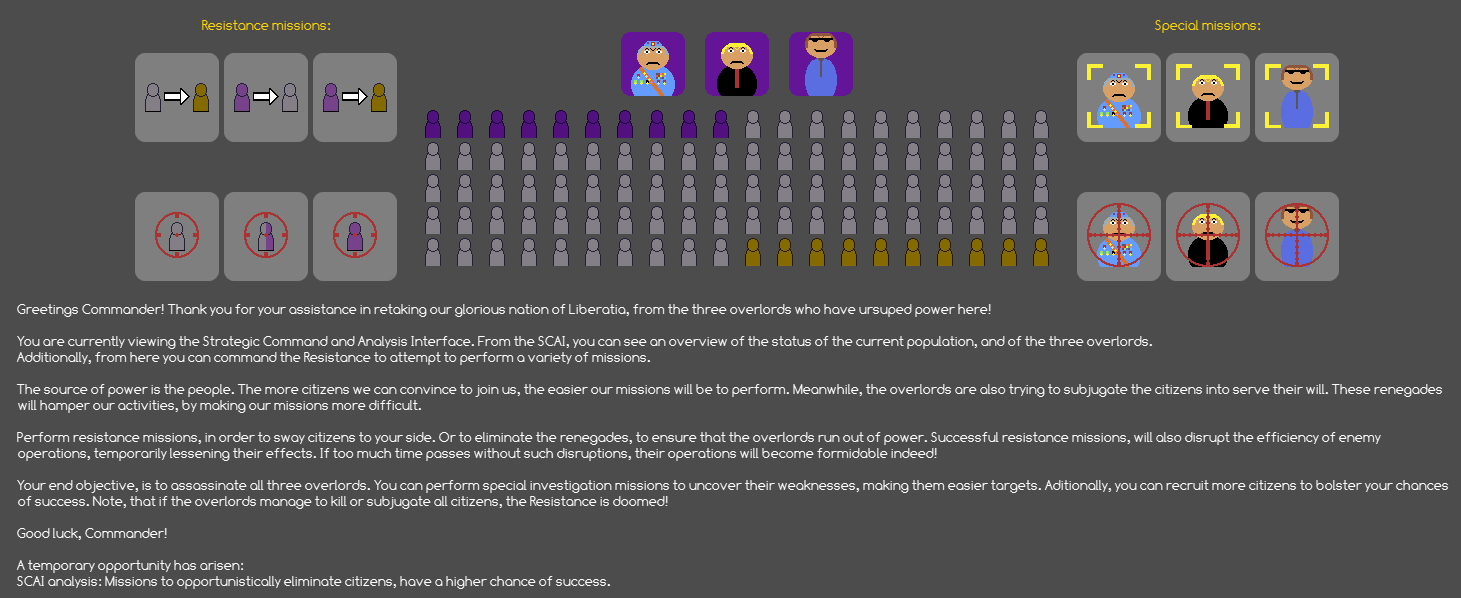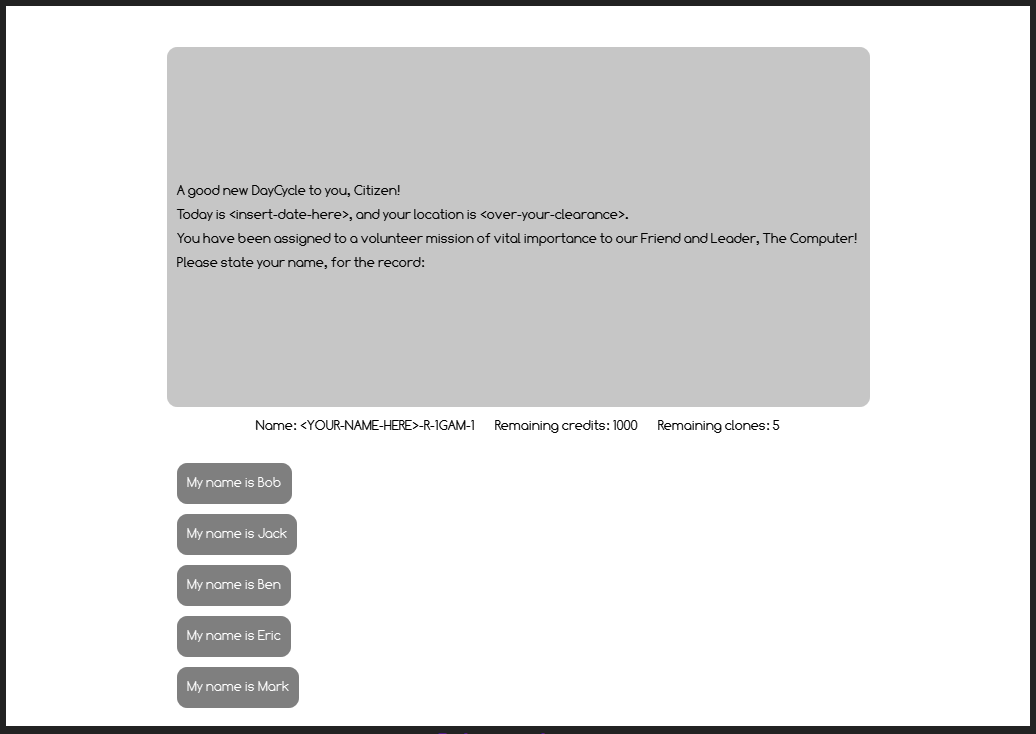Learning the secrets of the Alchemists
Last weekend, the Alakajam held its first 48 hour game jam event, with the theme of Alchemy. I participated, and created a new game: "The Hermetic Order of Alchemists".
This time, I decided to make a puzzle game, about transforming and purifying alchemical substances. As in previous game jams, I created the game in Java, using the LibGDX framework. I made the pixel art using Aseprite, and I made the music using Bosca Ceoil.
Designing the game
The game mechanics center around manipulating a number of different substances. You do this by breaking them into their component elements, getting rid of surplus elements, and then reassembling the remaining elements into different substances. Each puzzle is presented as a trial, with a given starting number of substance, and a goal you need to reach. Then, using the tools at your disposal, and your knowledge about the properties of the substances, you have to transform your starting substances into the end goal.
Each substance has a breaking point. This is the hot temperature where it splits into its contained elements. It also has a binding point. This is the cold temperature where it forms from available unbonded elements. And finally, it has a reactivity rating. This determines the priority of this substance forming, if there are enough available elements to form several different substances.
In short, "The Hermetic Order of Alchemists" is a logic puzzle game. You have to decide which substances and processes that will lead you from your starting point and to your goal.
I tried to make each puzzle build upon the earlier puzzles. So while you can get through the earlier puzzles through trial and error, this will make it a lot harder to get through the later puzzles.
Time for some music!
Despite only having 48 hours in this jam, I still found the time to make sounds and even a musical theme for the game. As an extra touch, I added a little voice acting to the game, lending my voice to the annoying Master of Alchemy who are clearly not rooting for your success.
Play the game!
Try "The Hermetic Order of Alchemists" now!





